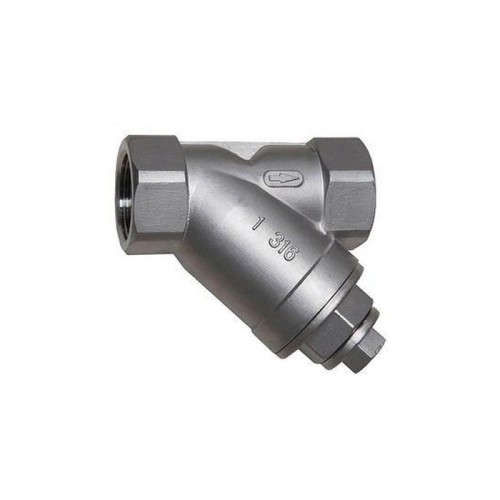flanged plug
Understanding the Flanged Plug A Key Component in Modern Engineering
In the realm of engineering and fluid dynamics, a multitude of components plays a critical role in ensuring efficiency, safety, and functionality. Among these components, the flanged plug stands out as a pivotal element, commonly utilized in piping systems across various industries. This article explores the flanged plug's design, applications, and advantages, highlighting its importance in contemporary engineering.
What is a Flanged Plug?
A flanged plug is a specialized type of plug that features a flange for securing it to a fitting or a pipe. Typically made from materials such as stainless steel, brass, or plastic, flanged plugs are designed to close off the ends of pipes, preventing fluid flow and maintaining pressure in the system. The flange provides a stable surface for attaching the plug securely to a pipe or fitting using bolts, ensuring a leak-proof seal.
Design and Construction
The design of a flanged plug varies depending on its intended application and the specific requirements of the system in which it operates. The flange's size and shape can differ, often corresponding to standard pipe sizes and pressure ratings. This compatibility ensures that the flanged plug can fit seamlessly into existing systems.
The materials used in constructing flanged plugs are chosen based on several factors, including the nature of the fluids involved, temperature, pressure, and corrosion resistance. For example, in chemical processing plants where corrosive substances are common, flanged plugs made from high-grade stainless steel or specialized polymers are preferred to withstand harsh conditions.
Applications in Various Industries
Flanged plugs are employed in a wide range of industries, including
1. Oil and Gas In the oil and gas sector, flanged plugs are crucial for sealing pipelines, preventing leaks during maintenance or downtime. They help maintain system integrity, ensure safety, and prevent environmental hazards.
2. Water and Wastewater Treatment In water treatment facilities, flanged plugs are used to isolate sections of piping, allowing for maintenance without draining entire systems. This capability is essential for efficient operations and reducing downtime.
flanged plug

3. Chemical Processing The chemical industry relies heavily on flanged plugs to secure pipes and prevent leaks of hazardous substances. Their robust design and ability to handle high pressures and corrosive materials make them a preferred choice.
4. Manufacturing and Construction In manufacturing plants, flanged plugs are frequently utilized in hydraulic and pneumatic systems to control fluid flow. They are also essential in construction for temporary sealing of pipes and ducts during the installation process.
Advantages of Using Flanged Plugs
The flanged plug offers several benefits that contribute to its widespread use
- Leak Prevention The primary advantage of a flanged plug is its ability to prevent leaks effectively. The flange provides a strong seal, ensuring that fluids remain contained within the system.
- Ease of Installation and Maintenance Flanged plugs can be easily installed and removed, facilitating maintenance activities. The use of bolts allows for quick assembly and disassembly, which can significantly reduce downtime.
- Versatility Flanged plugs can be used in various applications across multiple industries. Their adaptability makes them an ideal solution for engineers seeking reliable and efficient sealing options.
- Durability Given their construction materials, flanged plugs are built to withstand challenging environments. They resist wear, corrosion, and the effects of temperature fluctuations, ensuring long-term performance.
Conclusion
In conclusion, the flanged plug is an essential component in modern engineering, serving various industries by providing reliable sealing solutions. Its design, versatility, and durability make it a go-to choice for engineers and maintenance personnel alike. As industries continue to evolve and demand more efficient fluid management solutions, the importance of components like the flanged plug cannot be overstated. Understanding and utilizing these devices will remain crucial for optimizing operations and ensuring safety in fluid handling systems.
-
The Key to Fluid Control: Exploring the Advantages of Ball Valves in Industrial SystemsNewsJul.09,2025
-
The Versatile World of 1, 2, and 3 Piece Ball ValvesNewsJul.09,2025
-
Stainless Steel Ball Valves: The Ideal Choice for Efficient Flow ControlNewsJul.09,2025
-
Optimizing Fluid Control with Ball Float ValvesNewsJul.09,2025
-
Manual Gate Valves: Essential for Control and EfficiencyNewsJul.09,2025
-
Everything You Need to Know About Butterfly ValvesNewsJul.09,2025
-
The Versatility of Wafer Type Butterfly ValvesNewsJul.08,2025




